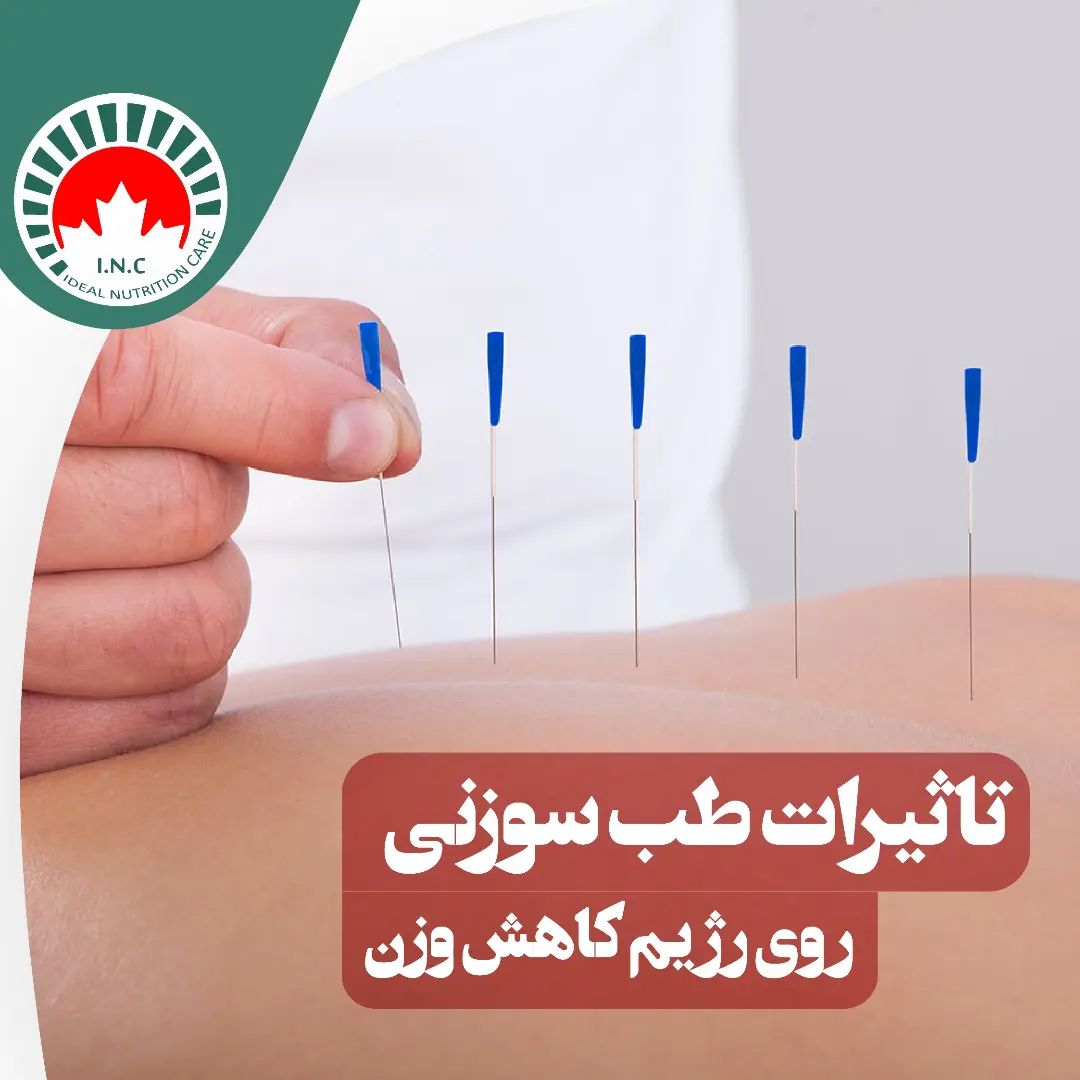Effects of acupuncture on weight loss diet

Acupuncture and Its Role in Health & Weight Management
Acupuncture works by stimulating the body's energy flow, leading to benefits such as increased metabolism, reduced appetite, lower stress levels, and direct effects on the hypothalamus—the part of the brain responsible for regulating hunger.
In traditional Chinese medicine, maintaining balance in the body is key to overall health. Obesity is often seen as a result of imbalances linked to dysfunction in the liver, spleen, kidneys, and thyroid. Acupuncture aims to restore this balance and support overall well-being.
One of its additional benefits is improved sleep quality. Acupuncture stimulates the production of melatonin, the hormone responsible for regulating sleep and wake cycles.
Why Consider Acupuncture for Weight Loss?
Beyond aiding weight management, acupuncture helps minimize common side effects of dieting, such as constipation.
Important Note: Acupuncture is safe to use alongside medications and medical treatments—it does not interfere with them or cause complications.
Frequently Asked Questions
1. Are acupuncture needles painful?
Acupuncture needles are much thinner and more flexible than standard medical needles used for injections. Most people do not experience pain or bleeding—just a mild, heavy sensation at the insertion point.
2. How long does an acupuncture treatment take?
A typical treatment consists of 10 sessions, with each session lasting 30 to 45 minutes. If necessary, additional sessions may be recommended.
3. Is there an age limit for acupuncture?
There is no strict age restriction, but acupuncture is generally recommended for individuals 6 years and older.
Note: Acupuncture is a complementary therapy that does not interfere with medications or other medical treatments
Please let us know what you think!